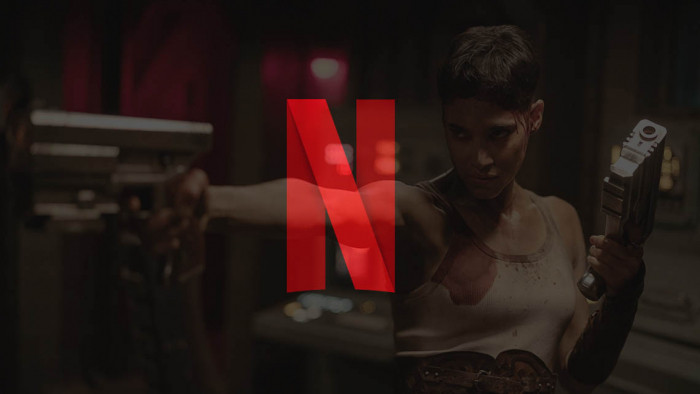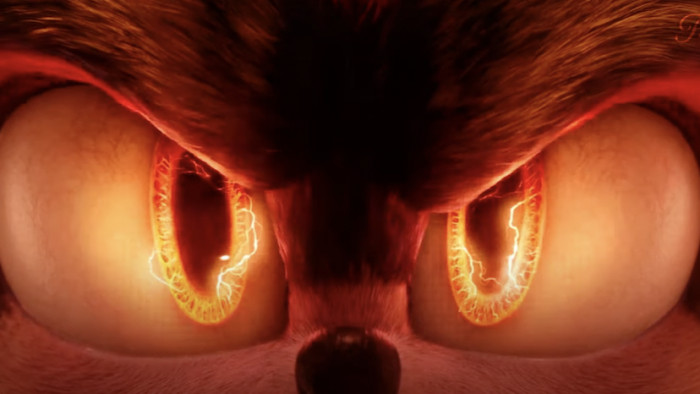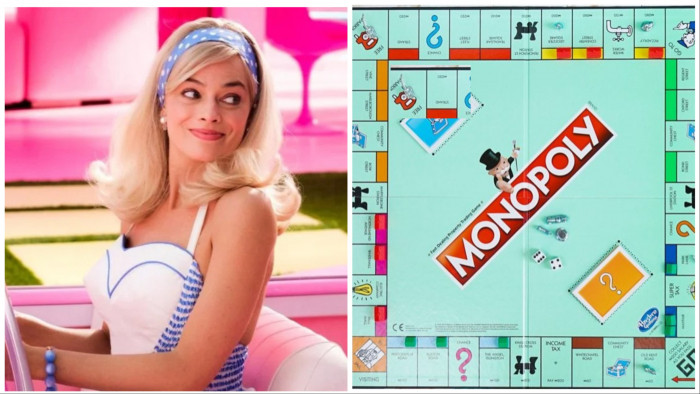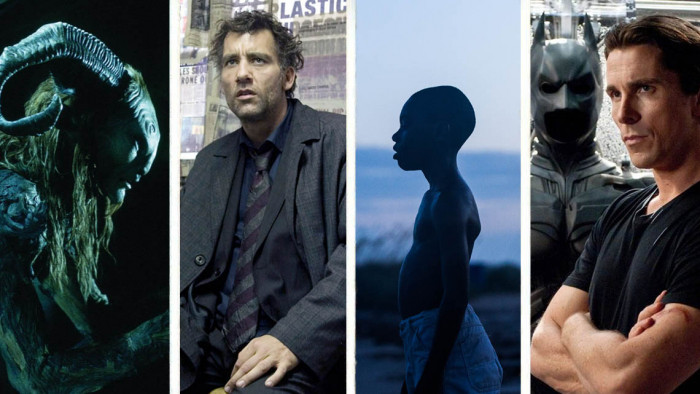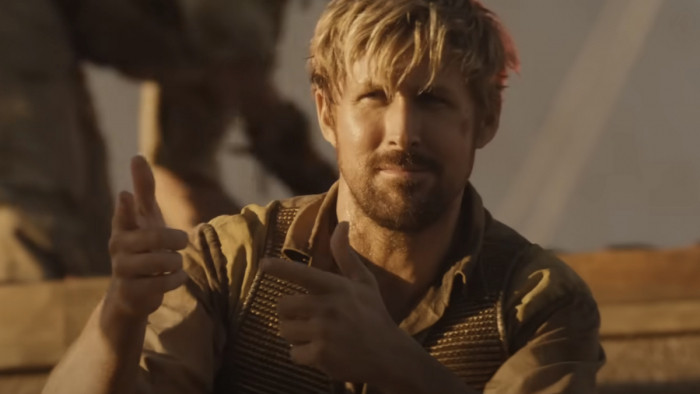The great British hardman according to Irvine Welsh
The creation, and return, of his famous character, and the history of the working-class hardman


Irvine Welsh on the creation, and return, of his famous character, and the history of the working-class hardman
Working on a stage version of Trainspotting in the US, a problem quickly presented itself in the relocation of those Leithers to Kansas. Practically all the characters had translatable American counterparts; the cynical intellectual (Renton), unscrupulous fanny merchant (Sick Boy) and lovable loser (Spud) were all archetypes recognisable to a US audience.
Frank Begbie, the violent psychopath, was different. We struggled to find his equivalent. This is largely because American violence is, culturally speaking, predominantly about the gun. This doesn’t impress us in the UK, as it elevates the wimp to the false status of warrior. The idea that a sniper who is miles away from his opponent, and who kills using technology, can be revered as a hero, strikes us as ludicrously perverse; like thinking of a serial paedophile as some kind of Casanova. The American Sniper film would probably have resonated more in the UK had it been called ‘American Shiter’.
In these islands, we like our violence up close and personal. We value street fighters who can sort things out with their fists in a ‘straightener’, eschewing weapons. One of the best character references you can give somebody is that they are ‘tasty’, ‘tidy’ or ‘can look after themselves’. In that context, the noble zenith of British street violence was the much-maligned era of football hooliganism. The establishment demonised this out of all proportion, as it threatened the two main revenue streams of the emergent neo-liberal order; tourists – who were unimpressed by groups of menacing youths, particularly in London, mobbing them up on the transport system – and domestic consumers, those nouveau Fever Pitch fans with high disposable incomes the football and media industry so desperately coveted. Of course, few would advocate a return to those heady days of omnipresent aggro, but it’s worth making the point that the dangers to non-participants were grossly exaggerated. As mobs became more organised, moving from stadium to pub to secret meet, innocent bystanders were far less likely to get caught in the crossfire.

Culture clash
And better an old-school row outside a football ground with two adrenaline-rich but alcohol-light groups ‘having it’ than a boozy, bloody last-orders high-street brawl with beer-titted men windmilling into each other, then waddling off – like hatched turtles trying to make the sea – as squad car lights flash, sirens blare and tense-faced coppers talk into scratchy walkie-talkies over the shrieks of pointing high-heeled girls. I once took some friends from the US out drinking in two different UK cities (all right, they were Edinburgh and Manchester) and they couldn’t believe the carnage and debauchery on the streets. As people can’t legally imbue alcohol until they reach 21 years old there, the central urban streets – despite the US’s reputation for gun violence – are generally ordered, safe and certainly free from our eccentric madness.
Young men like to impress other young men, and get the attention of young women. We’ve all been there; testosterone, drink and cocaine are a socially combustible mix. Obviously, the hardman is not the only model of working-class masculinity, and not always the most successful. In the hunt to get off with the best-looking young women, he has to compete with the comedian, the wit, the intellectual, the exuberant dancer, the encyclopedia of music, the guy with the outsized cock and the handsome bastard. Every group has at least one of those, and they ensure that the hardman isn’t always smiling on Saturday nights under the strobe lights.
Nobody is reminding him of this back in the pub the following Sunday afternoon, though – the hardman always enjoys his most venerated status among his mates. That is not to say he automatically slots into gangster No1 position in the local underground economy – now often the mainstream economy in many places in the UK. He is as likely to play second fiddle to a more calculating and ruthless operator who has emerged from the pack.
Our hardmen are a cultural product of our island status and industrial revolution, where the peasantry left backbreaking toil in the fields to be stuffed into factories, mines, docks and the cramped houses and towns that sprung up around them. Cheek-by-jowl living meant little territorial space, and so a pecking order had to be established. However, the neo-liberal revolution of Thatcher and beyond saw a new phenomenon, with the youth of hitherto relatively genteel market towns and villages, turning those perceived pastoral utopias into similar last orders combat zones as our northern cities.

Begbie’s back
So each town has at least one Francis Begbie. Unfortunately for me, copious nutters in Edinburgh of a certain vintage believe he’s based on them. I’ve lost count of the number of times I’ve been pulled up by a bam demanding: “That’s me! Ay that’s meant tae be me?” I’ve had to hold more impromptu creative writing seminars on the nature of fiction and character composition in the city’s dodgier boozers than all our universities and colleges combined. Fortunately – and I’m tempting fate – all my teeth are still intact as I can be convincing here, for as a writer I genuinely don’t operate in that way. My Begbie is possibly a composite of three or four individuals. (I say possibly because you never know for sure, as fiction writing is so often a subconscious process.) He differs in my mind’s eye to the wiry psycho played so menacingly by Robert Carlyle in the film version of Trainspotting.
I saw him as a chunkier, more bull-like figure, based on a mate who was a ferocious street brawler, and another, colder-blooded, more menacing guy I was once acquainted with. But Begbie’s personality traits are largely taken from any toddler you’ve met – a rampant ID machine, albeit one with the destructive capabilities of a full-grown adult, who is struggling, often unsuccessfully, to master his rage. It’s that anger that eventually corrodes and kills its host, as surely as it damages the unfortunates who get in his way.

Working-class heroes
I think part of Begbie’s success as a fictional character lies in his crazy gear changes. He can quickly switch from raging, incandescent nutter to cold-bloodied psychopath, and back again. Violence oozes from him and crackles around him as it’s sucked into his orbit. By turn, he’s in control of it and it’s in control of him. He literally could explode at any time. Such characters are great to meet in fiction: in real life, not so much.
Sadly, Begbie resonates with such force in Western culture because there are so many angry men around. In the US they range from the paid-off farm hands and factory workers right through to silver-spooned billionaires who have had to contend with nothing but extreme privilege.
The worst of them rage loudly and bitterly, fearing the displacement of the white patriarchy’s power by the other; be they women, blacks, Mexicans, homosexuals. They have an audience of the confused and the bitter. In the UK their equivalents believe that a city stockbroker ‘gets them’. Those are life’s habitual losers; brown-nosing playground cowards sucking up to the loudmouthed bully. These racist and misogynistic kindergarten fascists feel their skin tone or under-used penises (porcelain and own hands excepted) affords them the shabby entitlement to abuse others not of their race or gender, while coattailing on the achievements of those who are.
But – and here is the crucial distinction – these are a vocal minority. There are far more everyday working-class men displaced by post-industrialism, who are very unhappy and frustrated. They have seen their antecedents fight for an empire, save the world from Nazism, been given a welfare state that has then been yanked out from under their feet, been sold the fool’s gold of establishment bullsh*t from ‘Homes fit for heroes’ to ‘A property-owning democracy’. They’ve been promised the world, only to end up with low, or no, wages, high debts and zero prospects, and still patronised and at the bottom of the pile. This I empathise with: these are people from my own family, circle of friends and wider community.
A big problem is that the bourgeois liberal fails to distinguish between the two groups, witnessing only the anger and resentment. Note to such people: by doing this you are acting as recruiting sergeants for Ukip. Working-class anger, especially when expressed collectively, is always threatening to elites. Underpinning this visceral distaste is the base fear that the have-nots will, one day, take from the haves. This has been the case since the hysteria about the Victorian mob, to the moral panic on football hooligans, to the current trade union bill. (Note to Tories: you’ve already destroyed unions as vehicles for collective action. It’s unwise to fight battles already won. It just looks weak.)

The New Normal
But whether they are regarded as the ‘scum’ or ‘salt’ of the earth, Begbie has become a patron saint of that lost white tribe of working-class and now lower middle-class people: a confused, displaced rolling ball of uncensored, unchecked, unbridled rage and anger. Sometimes I wish he was happier, but then he would be paradoxically colder. Perhaps even the sort of blithe, narcissistic sociopath who sends others off to fight their wars: a politician, or one of their corporate masters.
So in my new novel The Blade Artist, I’ve imagined a strange alternative future for Frank Begbie, in preference to the more realistic ones of death or life imprisonment. It’s probably not that authentic, but this is what writers do. And that’s the great thing about being a dreamer: as long as you can still imagine a better future, the chances are you might just enjoy one. It’s when you stop doing that, whether you’re hard or not, that the game is most definitely over.
The Blade Artist is out 7 April in hardback. Irvine Welsh’s UK tour this April stops in London, Manchester, Glasgow and Edinburgh. For tickets and more information, visit facebook.com/irvinewelshauthor

(Images: Rex/PA/Kobal)
Latest
Related Reviews and Shortlists


